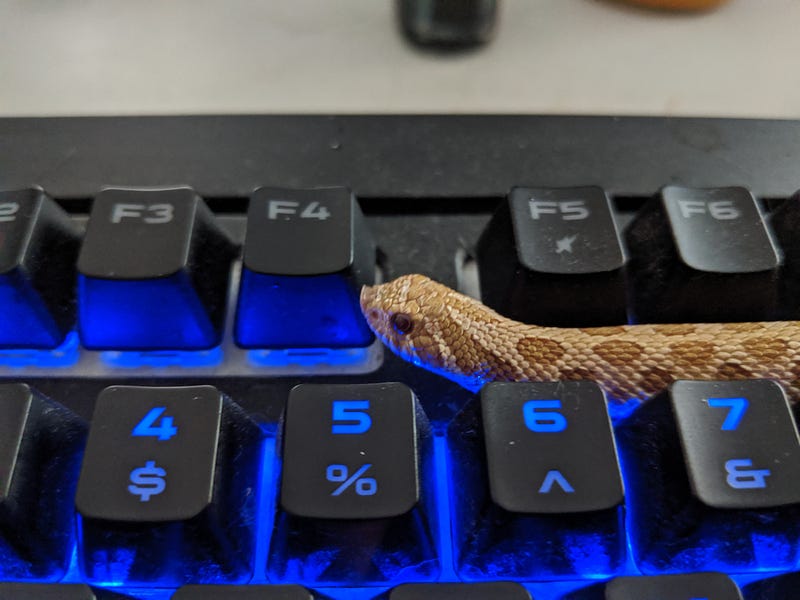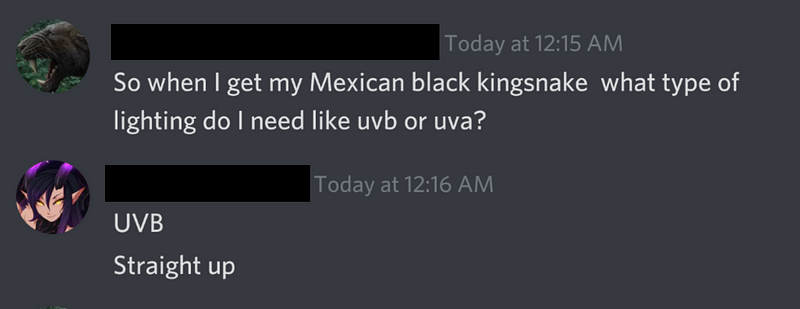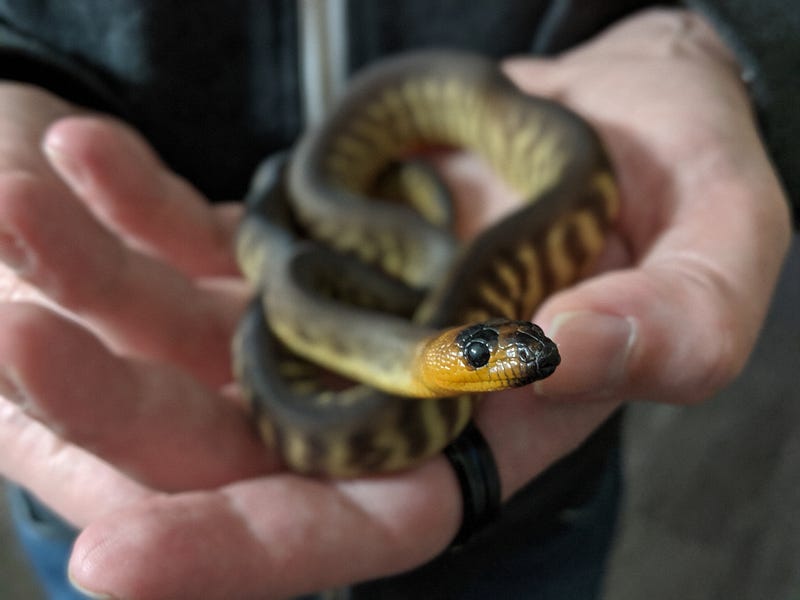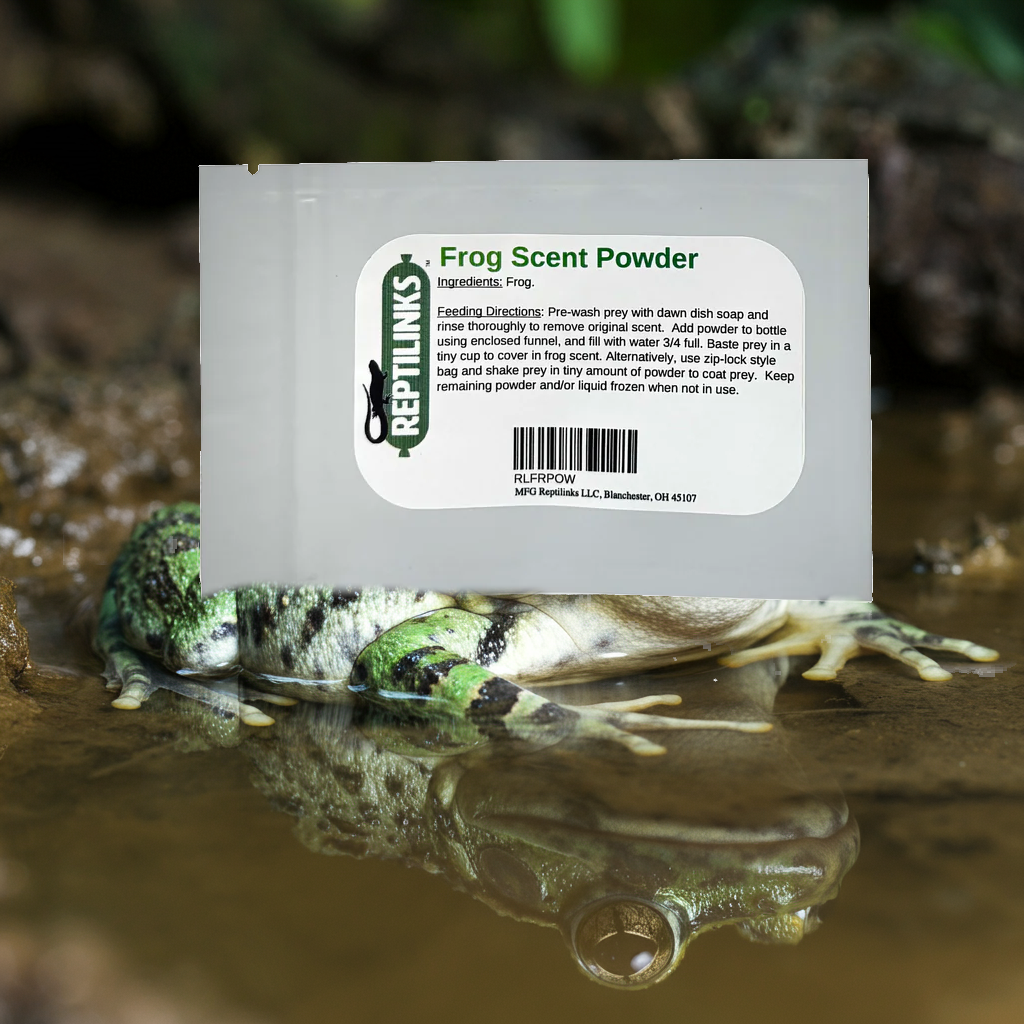Keeping Reptiles: … on the Internet
Why Keep Reptiles
If you’re new to the hobby or a veteran keeper reptiles offer a unique family addition. Busy schedules, limited space, or just the desire to experience an animal that you can constantly learn new things about all make reptiles great pets.
It really isn’t fair to leave a dog at home for 10 to 16 hours — possibly a shift of work and gig work like Uber or Lyft. A scenario where the animal is left alone for significant periods can be physically and emotionally unhealthy, especially coupled with the limited space of an apartment, with sad outcomes for you and your pet.
Cats are generally more self maintaining but still shouldn’t be left for extended periods for the same reasons. Unfortunately, many apartment complexes ban owning cats and skipping out on their maintenance can result in some rather unpleasant damages.
Enter the reptile — most are solitary animals with no ill effects from sparse interaction. Some only need to be fed once or twice a week. A large terrestrial habitat takes up much less space than a medium breed dog requires. Most apartment leases include animals like fish, small mammals, and reptiles as furniture rather than counting toward any pet deposit. If you’re in a scenario with limited space but enough for a terrarium herpetoculture may be for you — be sure you’re in it for the long haul, though, because remember some of these little ones can outlive you!
The range and sizes of these types of animals is vast — from the tiniest gecko to the second largest heavy bodied lizard, the Asian water monitor, allowing a potential new owner to make the best selection for their scenario. There isn’t a convenient one-size-fits-all with new information about our scaled (or scaleless) friends so, regardless of your skill level, it’s always best to keep learning.
Why Avoid Reptiles
Reptiles can be challenging to keep often requiring special lighting and, at minimum, some sort of thermal regulation. There is rarely a silver bullet method to keep “all reptiles” — the variety of sizes, shapes, needs, diets, and special considerations are as vast as their appearances. Scientific names, suggestions for diet and keeping, and even behavioral studies change pretty regularly. Law makers attempt to introduce and change the regulation for some animals often. This can be challenging, frustrating, and often expensive.
But… we have the internet today! For better or for worse, the internet is a tool you won’t be able to avoid.
The Internet and Reptiles

Long before we could write articles on Medium, people were approaching local zoos, pet shops, consulting stars like Steve Irwin and Jack Hannah, and passing around carefully folded care sheets. Obviously, like everything else, the place many go to for information is on the internet.
From big budget productions, to pet tubers, to stars moving from TV to YouTube there is a plethora of great information available. In the theme of this article, here’s Kevin McCurley sharing information on choosing a first pet snake.
Kevin McCurley is a long time keeper, breeder, and reptile enthusiast that has shared the stage alongside Steve Irwin. You can tell the staff at New England Reptile Distributors (NERD) have a passion for knowledge about the animals and, of course, the animals themselves.
This article isn’t intended to endorse any specific individual. As per good habits, internet research should involve a variety of sources, a few dips into Google Scholar, and understanding where the information is coming from.
Sometimes the sources and authority aren’t so obvious as we can see from the comment below captured directly from NERD’s Discord server.

NERD’s Discord is filled with advice similar to suggesting someone needs “straight up” UVB to successfully keep a Mexican Black Kingsnake. There is no mention of purchasing a correct lamp and there is no lamp that provides “straight up” UVB.
It is impossible to judge if this user and the server moderator describing UVB lights for desert species simply have no experience with these kingsnakes or if they were “just trolling”.
This kind of behavior can be debatable, at best, yet we know that it is just a form of gatekeeping. In the same chat you’ll see users say an enclosure is too small for a species but when asked what species would benefit from the enclosure…. they’re told to choose an animal first. It’s circular gatekeeping.
This can become incredibly frustrating to users seeking help from more experienced keepers especially if they’ve done their research to seek out a Discord server hosted by a company lead by a trusted name in the industry.
Discords, YouTubes, and Instagrams… oh my!
When an audience is discovered on the internet it is quickly capitalized on. That, of course, includes reptiles. Individuals vying for YouTube money, 5 minutes of fame, or to find a community they believe they belong to swarm to trends. Information can quickly become lost and garbled in the swarm.
Choose your favorite provider and see if you can find a reptile related group, chat, server, etc, and sample what you find. Some of these online communities are only for pictures while others may be led by individuals with an authority (experience, educational certificates, etc). Since it’s the internet, unfortunately, you’ll quickly find quite a lot of these groups have turned outright abusive. Individuals will accuse each other of inadequate keeping and, even if they’re incorrect, will battle to belittle the hobby itself.
One example was GoHerping’s Discord, now defunct, as it reached a critical mass on that platform. Moderation became impossible with users attacking each other constantly. It is now inaccessible and paywalled.
Various Reddit communities all have Discords repeating the same path. Members join, someone shares an enclosure, and then lurkers uninvolved in the hobby take turns bullying over who has the best critique.
NERD (New England Reptile Distributors), the company owned by Kevin McCurley who appears above, have hired a new social media manager who is quickly finding himself in the same place. While their social media manager is busy trying to spark controversies with female YouTubers while calling them “very pretty” (eek!), the staff of the server are busy offering advice that NERD would never endorse — including Discord server staff exclaiming they hate their bearded dragon, the enclosures that NERD uses are abusive, and that people are “too poor” to enter the hobby and don’t deserve to keep animals. This is the same company that requires you to click that you will protect an animal, help it to thrive, and care for it before purchasing one — clearly those values are lost when grasping for a Discord audience.
As per usual, this trend has turned to the same gatekeeping, backbiting, and misrepresentation that make other online communities for hobbies toxic.
How To Skip All of This and Enjoy Your Pet
Treat YouTube and other social media outlets as entertainment. Do a quick search on a topic you’re interested in — if you’re finding dozens of nearly the identical video you’ve hit a trending topic and may want to research elsewhere before diving in.
Remember to trust but verify.
It can be very difficult to learn you’ve been doing something incorrectly. Locate a veterinarian that will take in your pet and try to get a normal check-up scheduled.
If you’ve learned from a mistake and want to help someone avoid it remember that the best result for the animal is to clearly and effectively communicate to the keeper. No animal has ever been saved by shouting like a mad person into social media— anyone saying otherwise is rationalizing their bad behavior online. Look for, and give, advice in an appropriate manner.
We’re still learning new things about our four-legged furry friends — remember that theories can be updated!
Know that even if an outlet is endorsed by celebrities such as Kevin McCurley understand that most staff may not even use these communities. If their community has turned toxic and useless while misrepresenting their brand… or fallen into online culture wars… or turned into misinformation pits… all you can do is reach out and hope someone understands the value these communities could bring.
Find a local group with physical meetings. Many can be just as littered with bullies and fake authorities but people tend to treat people differently when they’ve physically met.
Travel to places that would attract people interested in the same topics as you. Zoos, Reptariums, and even local pet shops might have great recommendations to help you find information.
Look for large events like North American Reptile Breeders Conference. Even if you have no plans to breed or even purchase an animal you can learn a lot from keepers and enthusiasts at these conventions.
Stay curious about our world!





Comments